I confess to being a major Oliver Stone fan. In fact, I’m a devotee of his DVD commentaries, interviews, and the two excellent biographies which have been released (by James Riordan and Matt Zoller Seitz, respectively). Due to that, I began his memoir unsure that I would learn anything new about the man. I’m pleased to say that I was wrong and that this is a true literary work, rather than the typical star-kissed Hollywood memoir. To paraphrase one critic, Oliver Stone is the rare director who lived actual adventures rather than just watching adventure movies. It’s telling that this book chronicles only his first forty years – if it covered his entire life, it would probably run about a thousand pages.
In many ways, this account of the first half of Stone’s life is a roller coaster of trauma and recovery. The first earthquake was his parents’ abrupt and traumatic divorce, which caused the figurative and literal loss of his home. It also resulted in the loss of his mother at age 15. She didn’t pass away, but did abruptly abandon him and leave his life for several years. All of that contributed to Stone wandering in a wilderness of depression as a teenager, so severe that, at one point, he became suicidal. Instead, he dropped out of college to become a high school teacher in Vietnam and a merchant marine, wandered Asia, the ocean, and Mexico, then wrote a novel. After he dropped out of college for the second time and his novel was rejected, a despondent Oliver Stone felt he had no future and took refuge (as many kids have over the decades) in the military.
Stone is the only major director who is also a combat veteran and the chapters on what he saw and experienced during the Vietnam War are haunting. He writes cinematically of the sights and sounds and smells of war – as a reader, one can tell that the vividness of the tragedy has never left him. His mental state after the war (what we now know as PTSD) is also harrowing. As a writer, Stone is simultaneously able to recollect his emotional state at the time, while also taking pity in what such a young person had to endure (I didn’t even mention the stint in prison or the drug addiction!).
Reading his own words, I did learn new things. For example, while James Riordan’s 1995 biography shared that Elizabeth and Oliver Stone suffered several miscarriages and a devastating stillbirth in the years after Platoon; in this memoir, Stone reveals his long struggle with infertility actually goes back to his first marriage. Told in his early twenties that he would never have children, he lived for years with the completely valid suspicion that he was robbed of parenthood due to Agent Orange exposure. Later, he writes of the expensive treatments and heartbreaks which occurred while he and his second wife, Elizabeth, struggled to get pregnant. That makes Stone’s awe when his first child is born all the more precious. He writes about his son Sean with tenderness and love reserved for no one else, and he’s clearly a more tactile and affectionate father than his own father ever was.
As to the films, Stone spends considerable time not just on the production but is also startlingly honest about the before and after in filmmaking. Pre-production is a slog of location scouting, negotiating contracts, and hiring a crew. Post-production is a whirling tornado – he explains the intricacies of sound mixing, the headaches of various print quality (back in the pre-digital days), endless screenings with executives, the promotional campaign, waiting for and dissecting the critics’ reviews, etc. Above all, the cloud that hangs over everything is money. Every cent in the budgets for films like Salvador were stretched to their breaking point. And, if you’ve ever wanted to know what the personal financials of a major filmmaker were like in the 1980s, this book is for you. Stone not only flat out states his fees for various projects and his relationships with various agents but even informs the reader at various points of his personal monthly budget and carrying costs. Perhaps the trades at the time covered Stone’s purchase of a million-dollar mansion after the success of Platoon – now we know it came with a massive mortgage and he and his wife were living beyond their means.
The sheer volume of nitty-gritty detail about the movie-making process here is in stark contrast to, say, Woody Allen’s memoir, where mentions of his films are tossed aside and the worst thing that happens on a film set is that someone got the wrong lunch order. Woody, of course, made different types of movies, but it’s more exciting to read about productions plagued with screaming arguments, snake bites, and assassinations (Salvador advisor Ricardo Cienfuegos) than whatever happened on Shadows and Fog.
Overall, this is a resplendent memoir that will surprise anyone who still believes in the image of Oliver Stone as a hard-partying, macho conspiracy theorist. He reveals himself in this book to be ambitious and talented, of course, but also vulnerable, raw, traumatized, and at times self-punishing and emotionally naked. The only negative is that I was left wanting more: why did his marriage to Elizabeth collapse, what was the birth of his second son and his daughter like, what about Talk Radio, JFK, Natural Born Killers, etc.? Now that he’s semi-retired from films, I hope he indulges himself as the naturally talented writer he is.
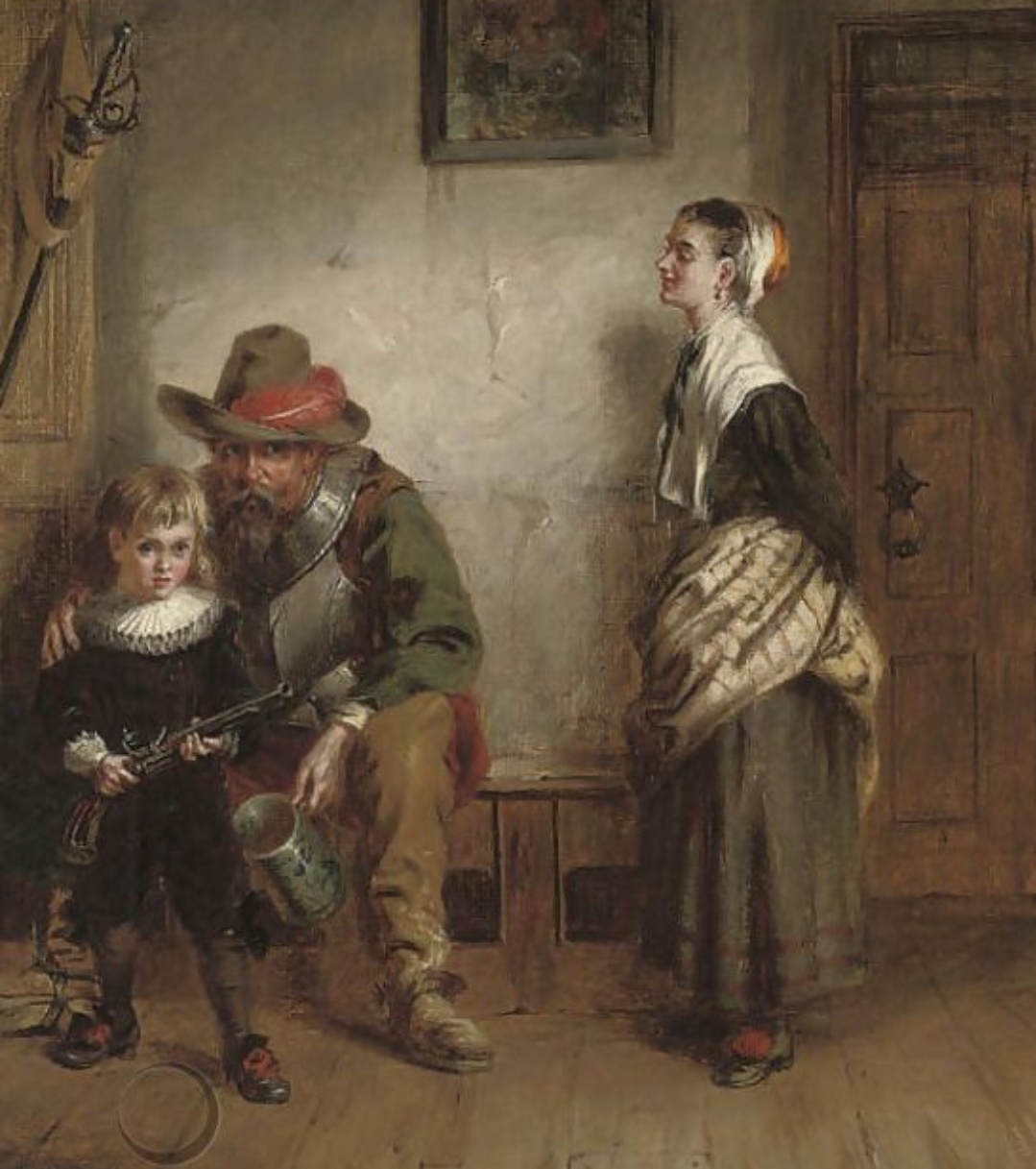
God, Family, & Homeland
The Beautiful will lead you to the Good & the True

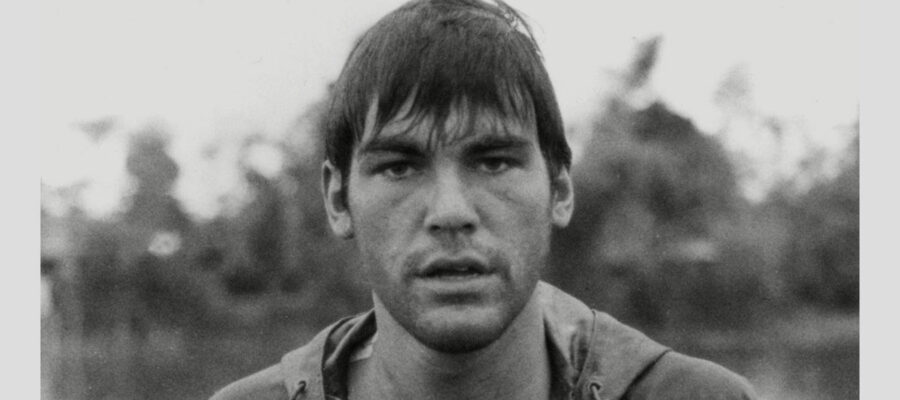
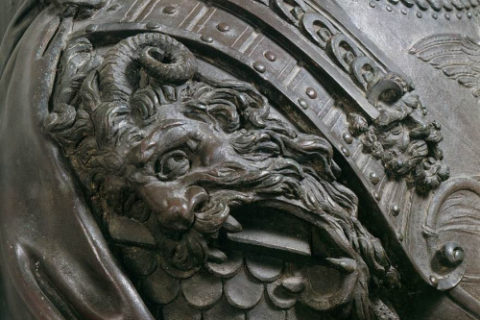
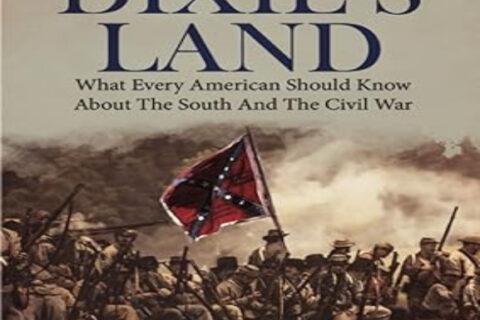
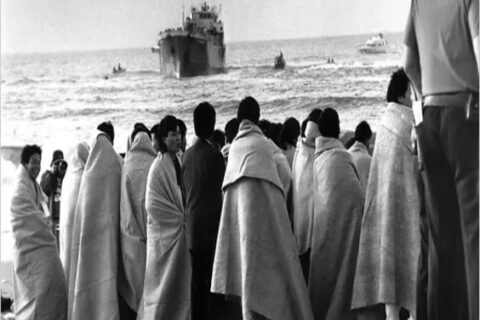
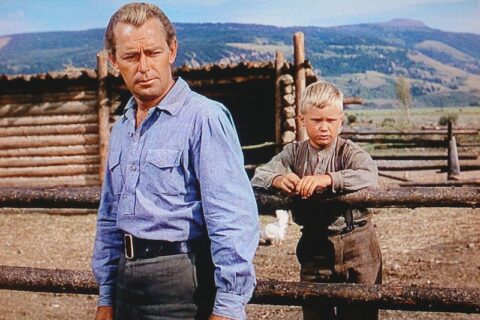
I’m glad you wrote this, especially after you mentioned Stone in the Evita podcast. I have a very tumultuous fandom for Stone on multiple levels. In many ways he is my agent of misfortune. Did you happen to catch him interviewed along with Mel Gibson?
Nah I didn’t see that interview , was it good?
Thanks !
Much of it was boring, but much of it was delightfully uncomfortable.
https://youtu.be/DtB8YhsUkkg
If you talk about Stone more I hope you’ll talk about his dreadfully communist propaganda series “The Untold History of the United States”. Interesting he doesn’t offer it for free. It was more pro-Soviet than Bert Lancaster’s “The Unknown War”.